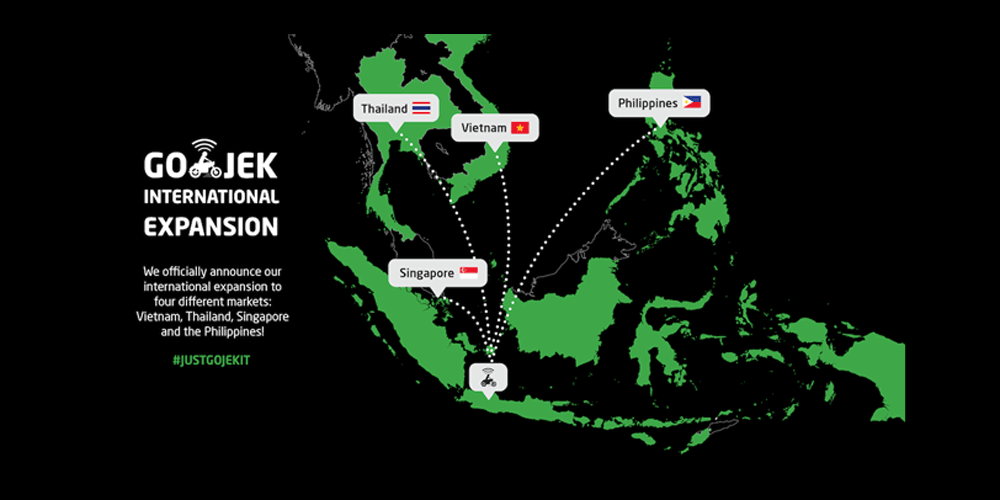
Businesses in going abroad can be a difficult thing, despite having sufficient resources to start with. This is at least what Indonesia's ride-hailing service GO-JEK is experiencing.
Philippines' Land Transportation Franchising and Regulatory Board (LTFRB) has denied the application of GO-JEK that would have allowed it to enter the Philippines' market, sources confirmed.
Dated on December 20th, 2018, the agency issued Resolution No. 096 that denies GO-JEK's entry through its subsidiary Velox Technology Philippines, as a transport network company (TNC) due to foreign ownership issues.
The Philippine constitution stated that only Filipino citizens and companies that are 60 percent Filipino-owned can operate a public utility. The problem with GO-JEK is that its Philippines subsidiary Velox is mostly owned by its Singaporean parent company, the report said.
Allowing GO-JEK to hit the streets in the Philippines would violate this.
GO-JEK has a grand plan to expand its business to four Southeast Asian markets that include Singapore, Thailand, Vietnam, as well as the Philippines in 2018.
CEO and founder Nadiem Makarim said:
But its Philippine entry has proven to be a challenge because of government regulations.
GO-JEK's Competitor from Singapore, Grab, also faced this challenge, saying that the country is their least-performing market. But still, Grab quickly dominates by controlling over 90 percent of the market.
This fact is alluring for GO-JEK, and it's also one of the reasons why it's eager to enter this particular market.

This issue may only be temporary for GO-JEK that is backed with Alphabet's Google, Tencent Holdings, JD.com and others. The company could appeal the decision, or just team up with Filipino investors to meet the 60 percent criteria.
"GO-JEK can get a local partner that will own at least 60 percent of the ride-hailing entity to comply with the law," said January Sabale, head of communications at the LTFRB.
Responding to LTFRB's statement, GO-JEK spokesman said that "We continue to engage positively with the LTFRB and other government agencies, as we seek to provide a much-needed transport solution for the people of the Philippines."
Meanwhile, Indonesia's Minister of Communication and Information Technology Rudiantara suggested a Filipino unicorn to enter Indonesia, if GO-JEK could enter the Philippines in return.
One of the unicorns that caught Rudiantara's interest is Revolution Precrafted, which designs and distributes prefabricated designer homes, and became Philippines’ first unicorn after its series B funding in October 2017.
"Only one requirement: allow GO-JEK to be in Manila," he said. "There isn’t yet [a startup like Revolution Precrafted] in Indonesia."
Rudiantara said that the Philippines startup could help the Indonesian government's program in building a million new homes per year.
But Rudiantara's unicorn swapping strategy depends on Philippines’ willingness to overlook its foreign ownership rules.